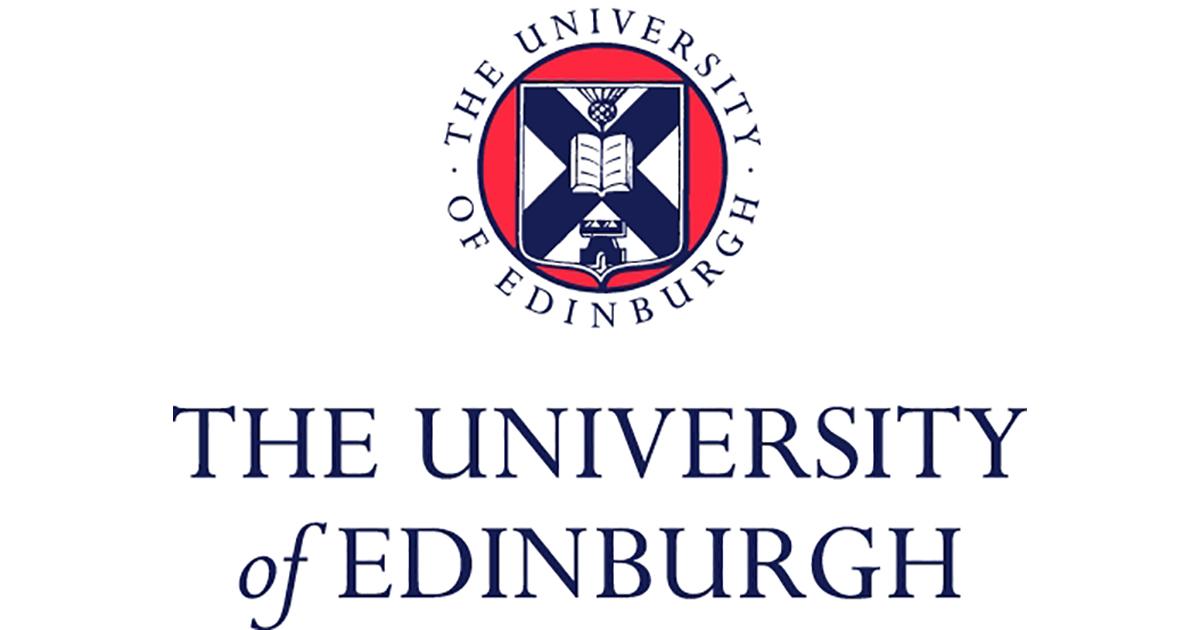Project Description
Background: Cold-water corals (CWC) are key habitat-forming organisms found throughout the oceans from 30 to 3000 m deep. The complex three-dimensional frameworks made by these vulnerable marine ecosystems support high biodiversity and commercially important species compared to neighbouring, less complex habitats. If this habitat complexity was reduced, the ability of these to support high levels of biodiversity would decrease. This would have huge implications for the species that rely on these reefs. The scholar will investigate the future of cold-water coral reef framework in a 3-tiered approach. 1) Long-term experimentation on live coral physiology and dead coral framework structural integrity when exposed to projected future environmental and sediment conditions. 2) Analysis of cold-water coral reef video to assess the proportion of live and dead coral framework across a range of environments. 3) Building on 1 & 2 to assess Atlantic CWC reef growth and loss over the coming century.
Methodology: To perform long-term experiments on live and dead CWC, the scholar will setup and maintain multiple experimental mesocosms under several environmental and pollution/sediment conditions, with regular geochemistry analysis. Growth rates, tissue growth/retraction and respiration of live corals will be assessed. Skeletons will be subjected to repeated micro computational tomography scans (µCT) to assess dissolution and structural integrity. These will then be compared to µCT images of corals from our existing cold-water coral collection from a range of different environments. To assess live:dead ratios of current CWC reefs across environmental gradients, the scholar will analyse ROV videos, and compare results with regional biogeochemistry. Results from long-term coral experimentation, image processing and video analysis will be combined and statistically analysed along with future environmental change projections to assess whether CWC reefs in the Atlantic will experience net reef growth or loss.
Requirements – The scholar sought for this project must have interests in coral ecology and climate change. The scholar will have the opportunity to partake in research cruises and must be willing to work at multiple campuses in Edinburgh. Essential criteria: Research experience with corals (lab or field, tropical or cold-water). Highly desirable criteria: Seagoing experience, video analysis, MSc in a related discipline, good data analysis experience, programming (e.g. r) experience. Desirable criteria: Track record in getting funding, publications in a related discipline, GIS experience.
Deadline for application is 31st October
The panel is hoping to hold interviews mid-November. Start date will be discussed but we expect the PhD to start by Feb 2020 at the very latest. For more information and how to apply, visit the University of Edinburgh website.





